Publications
Articles, publications, books, tools and multimedia features from the U.S. Institute of Peace provide the latest news, analysis, research findings, practitioner guides and reports, all related to the conflict zones and issues that are at the center of the Institute’s work to prevent and reduce violent conflict.
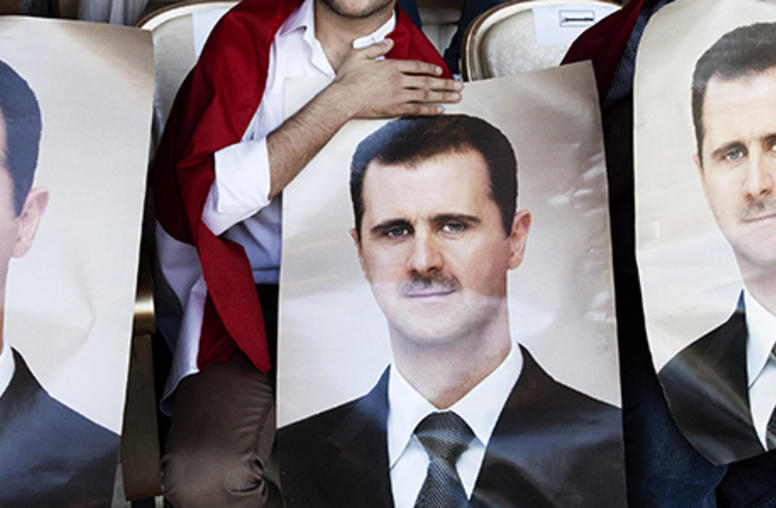
Assad's Hollow Mandate
On June 3, in a parody of democracy, Bashar al-Assad will be reelected as president of Syria for his third seven-year term. If he serves out this term, Assad will be eligible to run for a fourth term in 2021 that would extend his presidency to 28 years -- two years short of his father's tenure. Syrians may yet be spared almost six decades of direct Assad family rule, but the outcome of Tuesday's vote is a foregone conclusion.
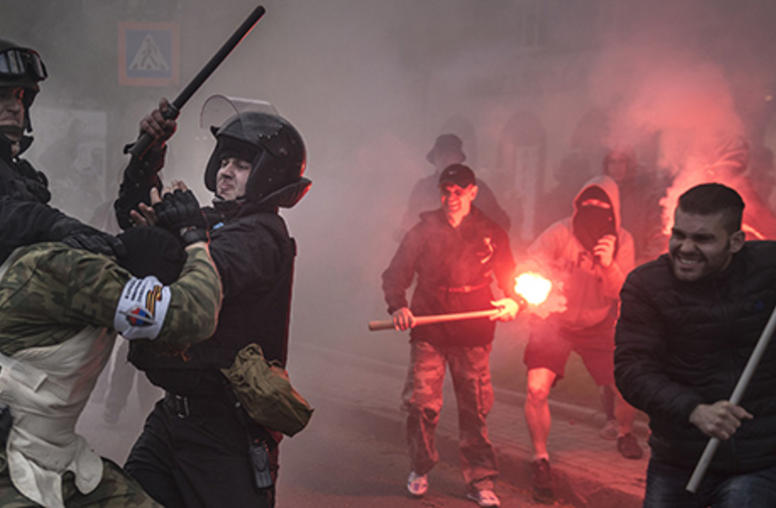
The Strategy Killer
The White House and State Department are hard at work on two major new documents that will lay the foundation for America's national security policy for the remainder of the Obama administration and possibly beyond: the National Security Strategy, rumored for release this summer, and the Quadrennial Diplomacy and Development Review (QDDR), slated for release later this year. The usual bureaucratic tussles will ensue about what should and should not be included in these documents, and the admi...
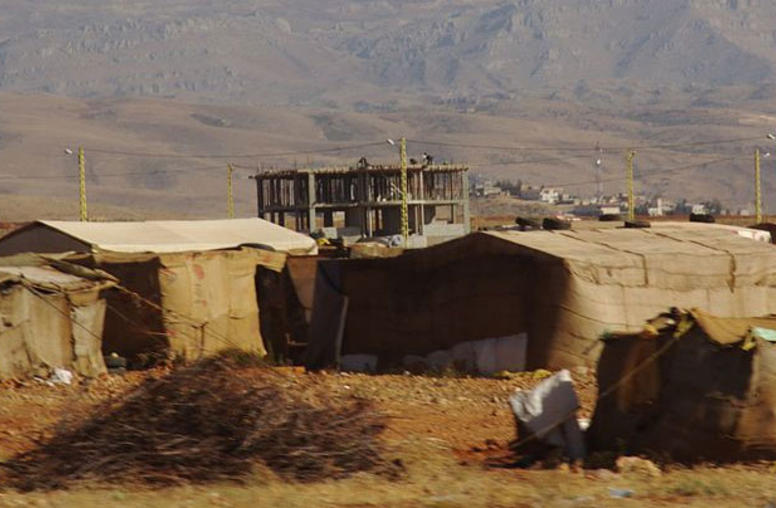
Q&A: Lebanese Presidential Elections
Lebanon’s parliament failed to elect a successor within the constitutional timeframe before President Michel Suleiman’s term expired on May 25. Elie Abouaoun, the director of Middle East programs for the U.S. Institute of Peace, explains the dynamics feeding the divisions, the ramifications of the vacancy and possible solutions.
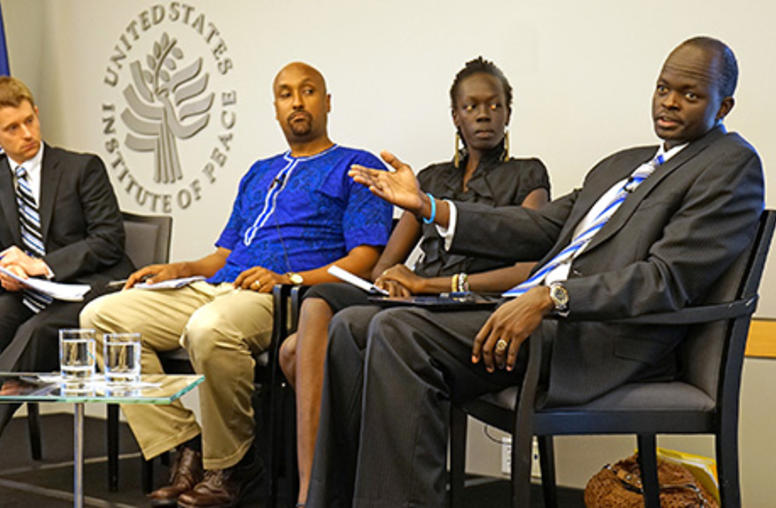
South Sudan Activists Call for Civil Society Role in Peace Process
The May 9 peace deal for South Sudan, signed between President Salva Kiir and former Vice President Riek Machar, has already been violated. But there is an important upside to the agreement: it calls for including civil society in the peace process. Three South Sudanese civic leaders discussed civil society’s role in the peace process at USIP with Jon Temin, the Institute’s director of Africa programs.
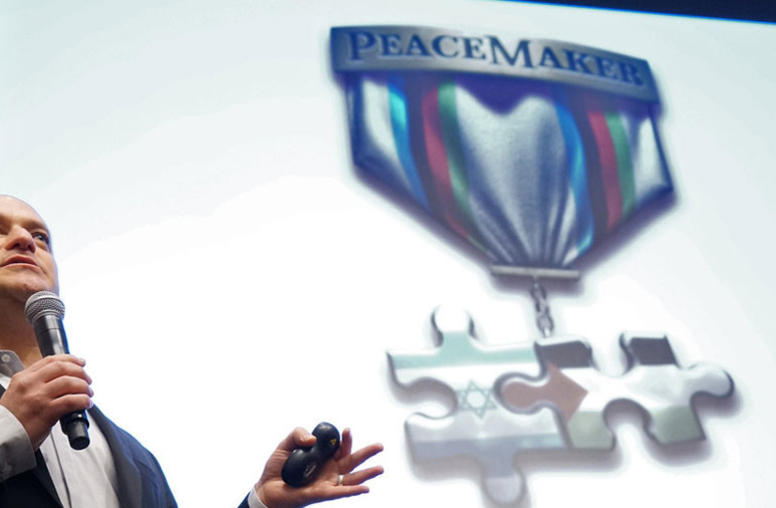
Games for Change Seek to Connect Dots Towards Peace
In societies riven by conflict, Asi Burak hopes to pick up where inadequate education and news reports leave off. The award-winning co-creator of the PeaceMaker computer game outlined the triumphs and challenges of trying to advance social change with gaming technology, during a session at the U.S. Institute of Peace for the annual Alliance for Peacebuilding conference.
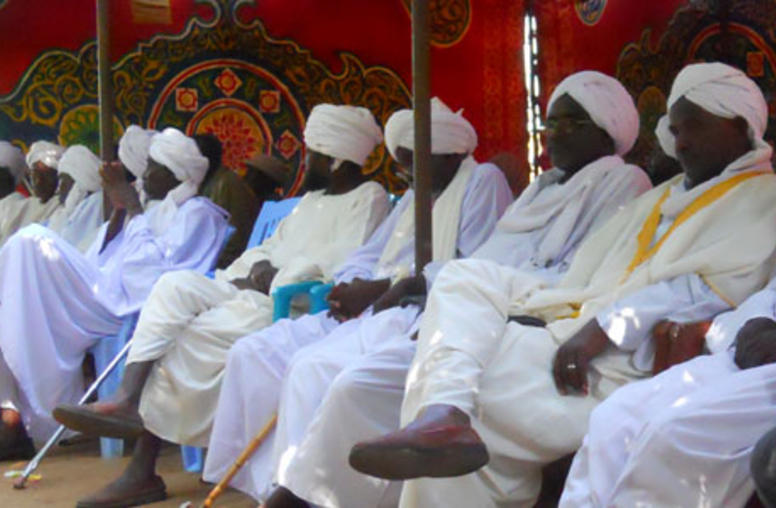
“Peace Conferences Don’t Always Work” and Other Lessons for Achieving Sustainable Peace in South Sudan and Sudan
The recent re-eruption of political violence in South Sudan in late 2013 has not only inflamed long-standing and unresolved local grievances, but also highlights the critical need to improve the impact and sustainability of local peace processes in any region. In the new Peaceworks, “Local Peace Processes in Sudan and South Sudan,” USIP’s Jacqueline H. Wilson outlines the importance of understanding and improving local peace processes.
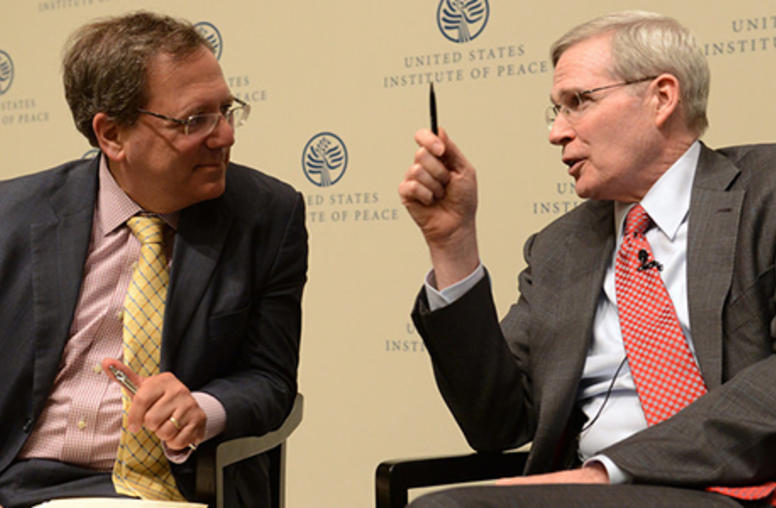
USIP’s Hadley Scans Conflict Horizon for Civilian Solutions
U.S. Institute of Peace Board Chairman and former National Security Advisor Stephen J. Hadley said shifts in the nature of conflict worldwide demand sophisticated, long-term strategies to address conflicts from Europe to the Middle East to Asia.
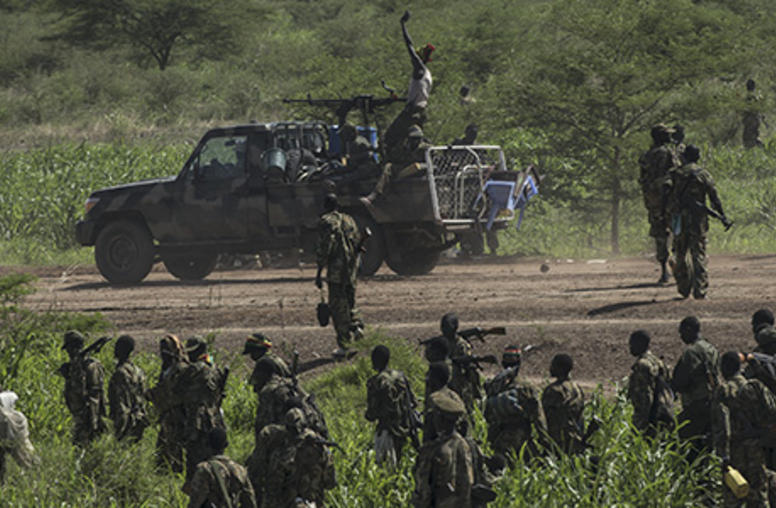
Q&A: South Sudan’s Violence
Leaders involved in South Sudan’s conflict signed a ceasefire agreement late last week in the second such effort to end violence that has beset the world’s newest independent nation. Jon Temin, USIP’s director of Africa programs, discusses the conflict, international approaches to encourage a resolution and strategies to help move the country forward.
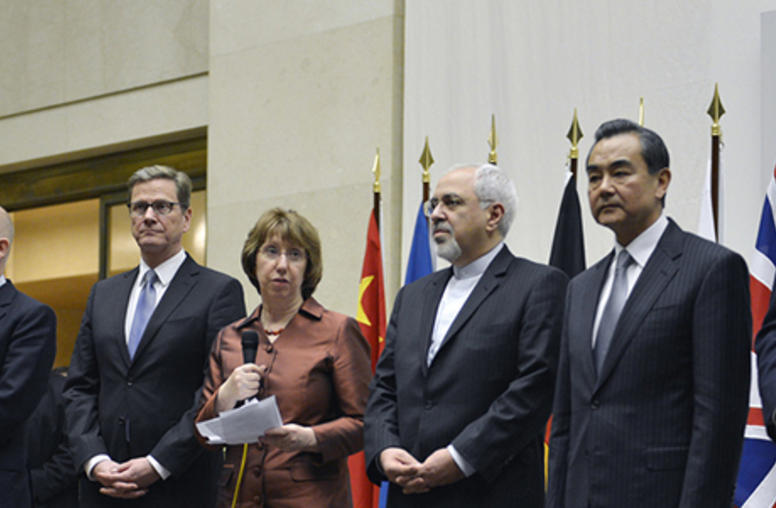
Countdown to the Final Iran Nuclear Deal
There’s no single formula for a nuclear deal with Iran. The United States compares negotiations to solving a Rubik’s Cube™, because so many pieces are involved—and moving one moves all the others.
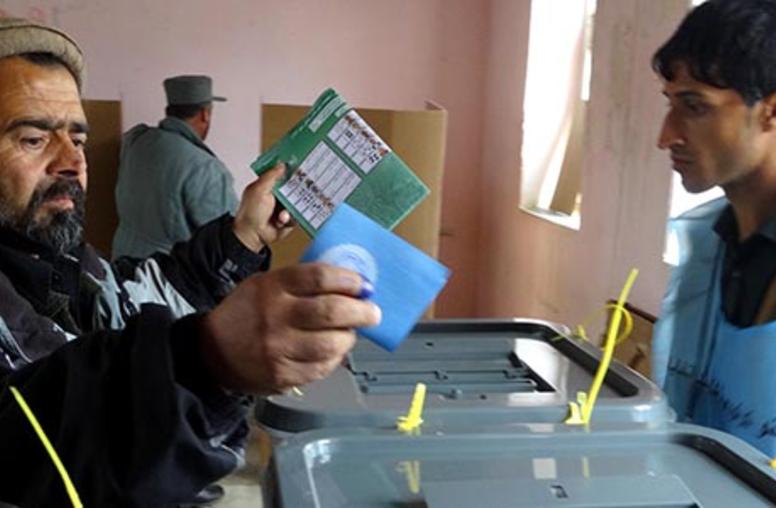
Let Afghan Voters Finish the Job
Kabul has been full of rumors about an attempt to reach a "political deal" in order to avoid a second round of voting required by the constitution. Strangely, most of the commentary in the western press has treated such a deal as if it would be desirable. We believe it would be a huge mistake.